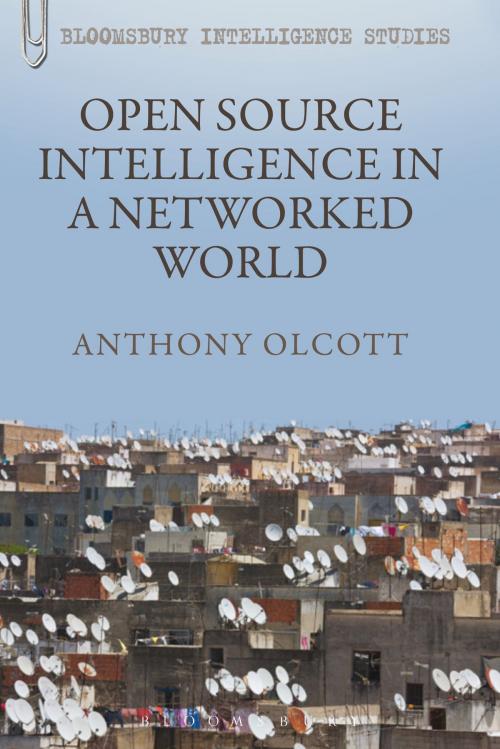Open Source Intelligence in a Networked World
Nonfiction, Social & Cultural Studies, Political Science, International, International Security, International Relations| Author: | Dr. Anthony Olcott | ISBN: | 9781441138576 |
| Publisher: | Bloomsbury Publishing | Publication: | May 17, 2012 |
| Imprint: | Continuum | Language: | English |
| Author: | Dr. Anthony Olcott |
| ISBN: | 9781441138576 |
| Publisher: | Bloomsbury Publishing |
| Publication: | May 17, 2012 |
| Imprint: | Continuum |
| Language: | English |
The amount of publicly and often freely available information is staggering. Yet, the intelligence community still continues to collect and use information in the same manner as during WWII, when the OSS set out to learn as much as possible about Nazi Germany and Imperial Japan by scrutinizing encyclopedias, guide books, and short-wave radio. Today, the supply of information is greater than any possible demand, and anyone can provide information. In effect, intelligence analysts are drowning in information.
The book explains how to navigate this rising flood and make best use of these new, rich sources of information. Written by a pioneer in the field, it explores the potential uses of digitized data and the impact of the new means of creating and transmitting data, recommending to the intelligence community new ways of collecting and processing information.
This comprehensive overview of the world of open source intelligence will appeal not only to practitioners and students of intelligence, but also to anyone interested in communication and the challenges posed by the information age.
The amount of publicly and often freely available information is staggering. Yet, the intelligence community still continues to collect and use information in the same manner as during WWII, when the OSS set out to learn as much as possible about Nazi Germany and Imperial Japan by scrutinizing encyclopedias, guide books, and short-wave radio. Today, the supply of information is greater than any possible demand, and anyone can provide information. In effect, intelligence analysts are drowning in information.
The book explains how to navigate this rising flood and make best use of these new, rich sources of information. Written by a pioneer in the field, it explores the potential uses of digitized data and the impact of the new means of creating and transmitting data, recommending to the intelligence community new ways of collecting and processing information.
This comprehensive overview of the world of open source intelligence will appeal not only to practitioners and students of intelligence, but also to anyone interested in communication and the challenges posed by the information age.















